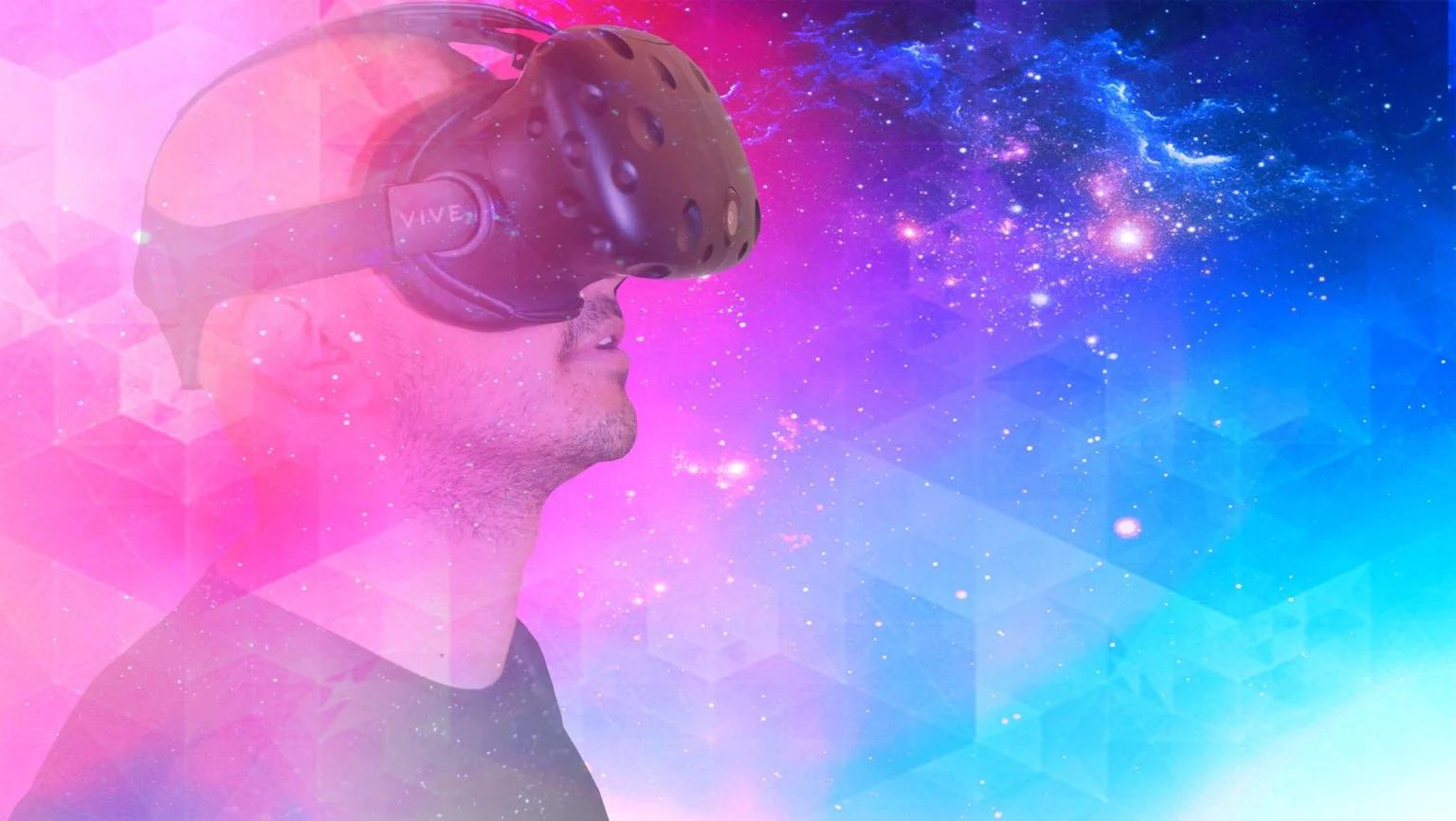
Africa-Press – Botswana. The tech industry’s disappointing track record on issues of diversity could have serious consequences when the metaverse comes along.
For years, tens of millions of people of color have endured unwelcome experiences on social media platforms built by mostly white and male tech CEOS, including harassment and hate speech. Many users have also had their contributions regularly ignored or copied without attribution.
If those issues follow users into the metaverse, a concept championed largely by those same mostly white and male tech CEOs, today’s online abuse could become significantly more visceral and damaging.
“When you don’t have people at the table who have historically suffered harms or abuses, or who have to live with certain things in the back of their mind, then you don’t build platforms in a way that protects those people,” says Jeff Nelson, the co-founder and chief technology officer of Blavity, an online media company geared toward Black millennial creators. “You build platforms that can be used by people who want to extend harm to others, [and can] do so at scale.”
The tech industry has spent a decade publicly reckoning with its diversity problem. Still, Black and Hispanic workers hold just 7% and 8% of computer worker roles in the U.S., though they represent 11% and 17% of the country’s total workforce, respectively, according to the Pew Research Center.
If the companies building the metaverse are lacking in diverse voices, Nelson says, it’ll be hard to avoid the same problems experienced by today’s social media users — including more than 80 million Americans of color, according to a CNBC Make It analysis of Pew data.
“If we make the same mistakes that we did with social networking and web 2.0 … then we’ll just bring that problem into this new space,” Nelson says. “So it absolutely is a problem.”
Users of virtual worlds already encounter harassment, bigotry
The metaverse isn’t off to a great start. Studies of virtual world gaming platforms, like VRChat, have found evidence of minors being regularly exposed to racist, violent language and harassment in the virtual worlds. Those types of experiences can be full-on assaults to users’ mental health, psychologists say.
To Nelson, it’s an extension of the existing issues that people of color have faced for years on social media — and a sign that metaverse platforms aren’t ready for the types of abuse that their users can throw at each other.
He’s attempting to force change with Blavity. Each year, his company runs a conference called AfroTech, which helps “bring mass awareness about Black people in tech and entrepreneurship and professional development,” Nelson says.
When Covid hit, AfroTech went virtual — resulting in what Nelson calls the “first-ever Black metaverse.” That’s more than just branding, he adds: The more Black people put their stamp on the metaverse today, the more the developers building those future platforms will know that they need to intentionally create more welcoming virtual spaces.
“Creating worlds within the metaverse, creating content, creating art, all those things are efforts that are important to us as we think about the metaverse and making sure that Black people are fairly represented in this future,” Nelson says.
How tech giants like Meta are responding
There’s evidence that some tech giants are listening — or, at least, saying they are.
Meta CEO Mark Zuckerberg almost single-handedly turned “metaverse” into the tech world’s buzziest concept over the past year. His company has also faced criticism for suppressing the accounts and content of Black creators in the past, leading Instagram and Facebook to take steps over the past year to better support and promote Black creators on the Meta-owned platforms.
Facebook has committed to spending $1 billion each year with “diverse suppliers,” including $100 million annually with Black-owned businesses. And Meta says it’s keeping diversity in mind as it builds its own version of the metaverse.
“Because companies like Meta are starting to think about this future now, we have the opportunity to help build the metaverse with diversity, equity, and inclusion (DEI) from its inception,” Maxine Williams, Meta’s chief diversity officer, wrote in a blog post in February.
Online gaming company Roblox, another firm that’s betting big on the metaverse, regularly promotes its creators of color. According to Julian Walshaw-Vaughan, a vice president of engineering at Roblox and recipient of a Blacks in Gaming award last year, the company’s business model depends on it.
“Our hope is: If we can provide a platform for anyone in the world to learn important skills as developers and engineers alongside an opportunity to express themselves creatively and easily publish content, this will have an impact on the technology industry at large and result in more diverse and representative shared experiences,” he says.
Those types of statements are positive signs for a more inclusive metaverse future. But for Nelson, seeing is believing.
“Frankly, I haven’t seen enough,” he says.
The metaverse could be ‘a perfect opportunity to do better’
Nelson says easiest way for tech companies to begin making a difference is obvious: Hiring.
Currently, he says, tech companies often boost diversity in their workplaces by hiring people of color from the same places they get most of their employees: Stanford or the Ivy Leagues. Meta’s Williams, for example, attended Yale University, according to her LinkedIn profile.
″[That’s] paying lip service to diversity,” Nelson says. “Companies are not bringing in people that will challenge culture. They’re bringing in people who will sort of assimilate or fit their preconceived notion of how they should operate.”
That sort of change might need to happen quickly, as companies like Meta, Apple, Roblox and Microsoft forge ahead to build the web’s next iteration — even as the metaverse itself could take years, if not decades, to become mainstream reality.
“The metaverse is a perfect opportunity to do better,” Nelson says. “I am confident, because it’s so early and we’re having these conversations [now] — instead of us having this conversation five years from now, and it’s about, ‘The metaverse isn’t welcoming. How can we fix this?’”
For More News And Analysis About Botswana Follow Africa-Press





